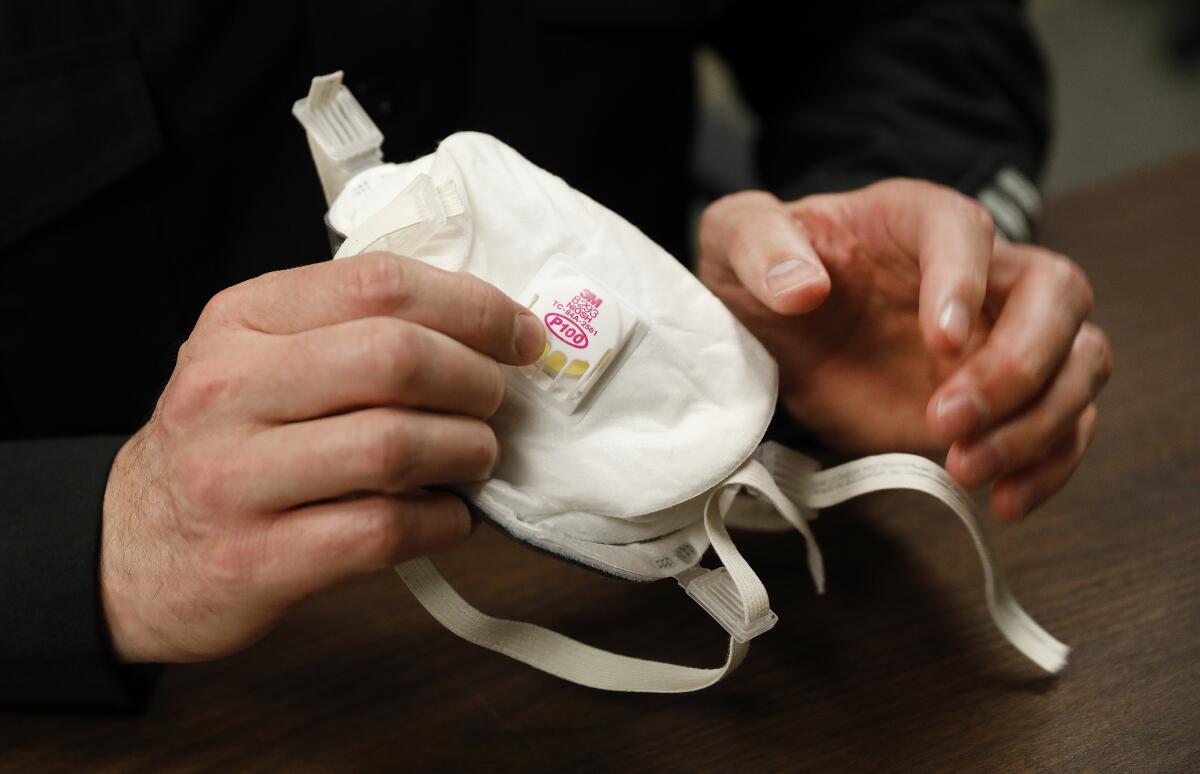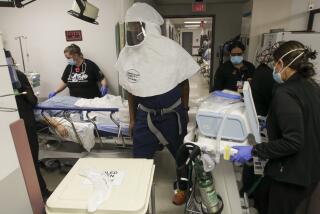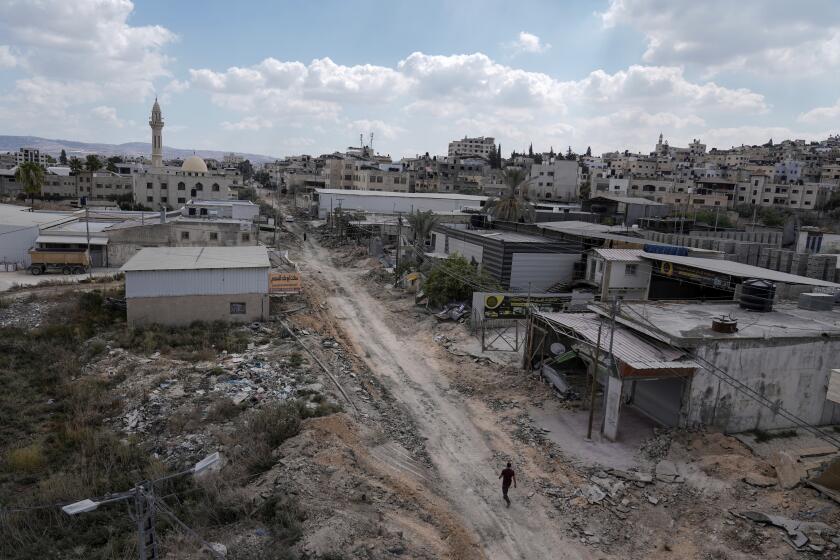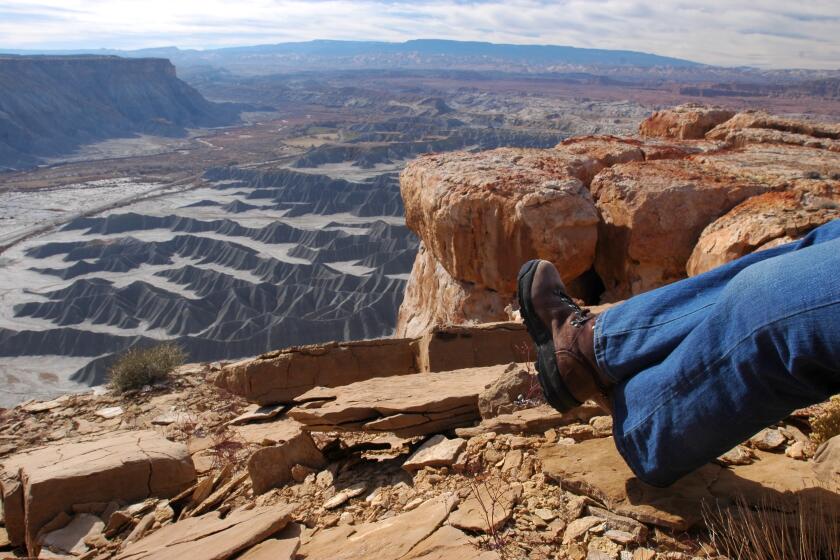Your hoarding could cost me my life — a doctor’s view from the coronavirus front lines

As a doctor working in a Los Angeles public hospital, I don’t have the choice of telecommuting or working from home. My colleagues and I have a moral commitment to care for the sick and try to save lives. This is a profession we happily chose, knowing the risks involved, but we used to feel adequately protected. Today, with a raging global pandemic, we don’t.
In the hard-hit Italian region of Lombardy, 20% of the healthcare workers have been infected by COVID-19. Every time another one of them falls ill, that’s one fewer person to treat sick patients.
We know that a growing wave of infected people is coming. And we are very worried about our ability to cope with it.
One of the biggest worries is supplies. At hospitals across the country, masks are being rationed in preparation for the upcoming surge of patients. Instead of using a new mask with each potentially infectious patient, we are allotted one or two per day. Up until last week, the Centers for Disease Control and Prevention recommended that medical professionals treating patients suspected of having coronavirus use N95 masks, which confer the highest level of protection. Then it changed that guidance to advise the use of surgical masks, which don’t offer nearly as much protection.
Why? To stretch a national stockpile of N95 masks estimated to be only about 1% of what will be needed.
When I read about people hoarding N95 and surgical masks, I’m outraged. Public hoarding of supplies needed by clinics and hospitals is not the way for people to protect themselves; in fact it’s counterproductive. Social distancing isn’t simply a phrase; it’s what every responsible person should be doing to slow down this virus and give the health system a fighting chance at success. Instead of donning masks to go do battle for that last case of water at the supermarket, stay home; it’s safer. And if you are feeling bad, even with mild sniffles, isolate yourself from other people until COVID-19 testing becomes widespread enough that you can get immediate testing.
That’s the advice being given by responsible public officials. And yet, every day we see photos in the newspaper of people going about their ordinary lives wearing professional-quality masks to protect themselves instead of simply staying home. It’s frustrating to see those covered faces when I know that doctors and nurses on the front line already desperately need the masks.
People buy and hoard masks to protect themselves. But in reality, protecting medical professionals is imperative to protecting the nation. If even a fraction of doctors and nurses get sick, you won’t get the medical care you need if you fall seriously ill from a coronavirus — or a heart attack or anything else.
The government shares responsibility in this crisis. For decades, public health has been underfunded and the safety net has eroded. Hospitals across the country, including mine, are doing everything in their power within this grossly underprepared system to try to prepare for this disaster. But we are likely to fall short. We won’t even have the necessary number of beds if the virus continues to spread as expected, and so far the federal government has not provided a plan for how we will get those beds.
The federal government’s failure to rapidly ramp up testing is another thing that has put us all in danger. We don’t have enough kits to test all those showing potential signs of the virus, and we wouldn’t have the lab capacity to process the tests if we did. It’s impossible to adequately prepare for the epidemic when we have no idea how many people are infected.
But we can do things to help strengthen us against the impending tide as cases skyrocket in the next few days or weeks. Follow the guidance about limiting social contact. Quit hoarding. Isolate yourself when you feel ill until you get access to testing.
The federal government should implement restrictions on who can purchase personal protective equipment like masks and gowns. And, if you have already laid in a supply of surgical masks or N95 masks, consider contacting your local hospital about donating or selling them.
There are a lot of things we don’t know about this coronavirus. But one thing we do know is that things are going to get worse. We will see a sharp rise in cases over the next few weeks much in the way of many European countries, and this will put immense stress on the medical system.
We also know this: If doctors and nurses die because of inadequate protection, all the toilet paper and dried pasta in the world won’t save you.
Erica Patel is a resident physician in internal medicine and pediatrics at Los Angeles County-USC Medical Center.
More to Read
A cure for the common opinion
Get thought-provoking perspectives with our weekly newsletter.
You may occasionally receive promotional content from the Los Angeles Times.










